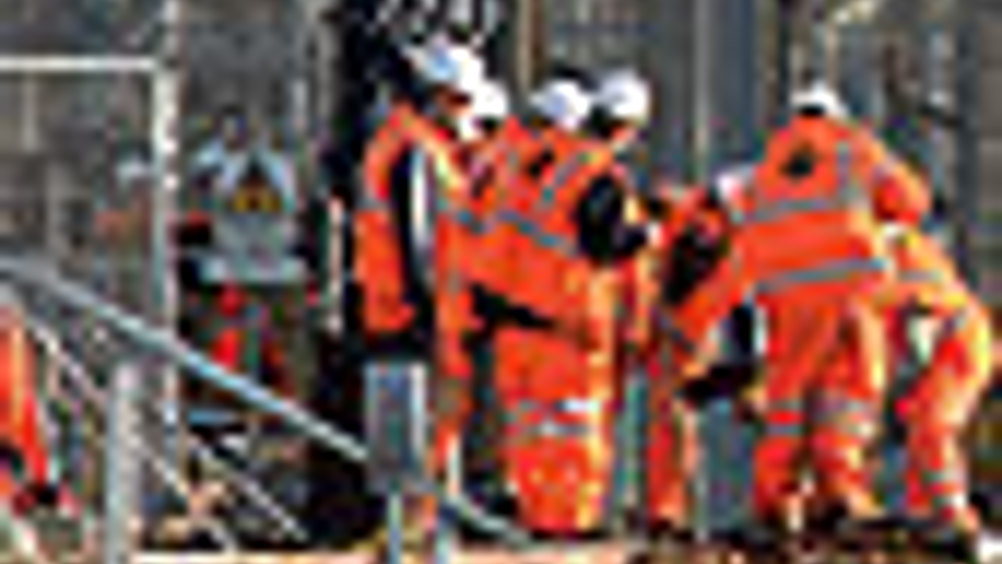Communicate to accumulate
Engineers often complain of not being valued, but it is up to them to learn the language of finance and state their case to government and business, says James Raby.

The failure of Network Rail to complete major construction projects on schedule, resulting in New Year chaos on the railways, will doubtless be subjected to close scrutiny by the regulator.
But whatever the conclusion of that post-mortem, the news headlines of early January will remain in people's memory. Network Rail told frustrated politicians and commuters that the difficulty it faced was due to 'a lack of specialist [skilled] engineers'.
The government also showed recently that it was short of an engineer or two. Its review of the need for additional nuclear capacity failed to analyse the skills requirements. It took the Royal Society of Chemistry to point out that there were not enough nuclear engineers in the UK, or possibly globally, to deliver such a programme.
Speaking the language of finance, the Return on Investment (ROI) model showed a positive return for investment in nuclear capacity, but assumed the market for engineering skills was 'efficient' and therefore omitted that factor from its model drivers. In the language of economics, 'efficient' means essentially that if demand for resources — in this case, engineers — is required, then supply will develop at a market competitive price.
Register now to continue reading
Thanks for visiting The Engineer. You’ve now reached your monthly limit of premium content. Register for free to unlock unlimited access to all of our premium content, as well as the latest technology news, industry opinion and special reports.
Benefits of registering
-
In-depth insights and coverage of key emerging trends
-
Unrestricted access to special reports throughout the year
-
Daily technology news delivered straight to your inbox










Water Sector Talent Exodus Could Cripple The Sector
Maybe if things are essential for the running of a country and we want to pay a fair price we should be running these utilities on a not for profit...